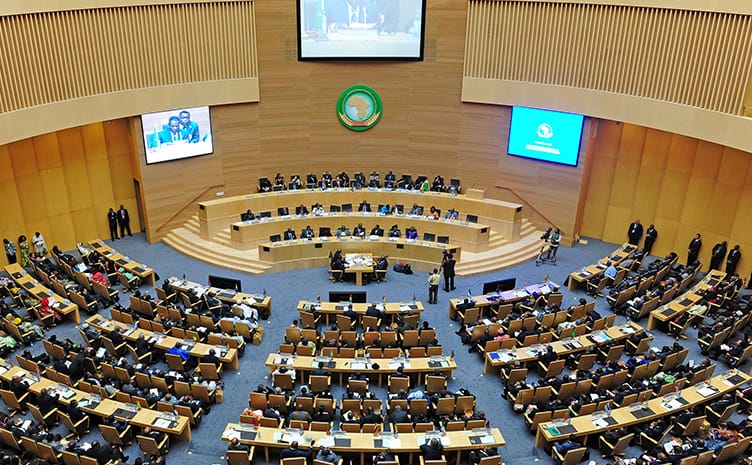As military confrontation between Israel and Iran intensifies, African nations are already beginning to experience the indirect fallout — from economic instability and diplomatic pressure to threats to regional trade and energy security.
On June 13, Israel launched a targeted airstrike on Iranian military and nuclear infrastructure, killing several high-ranking officials and nuclear scientists. While the direct conflict remains in the Middle East, its ripple effects are sweeping across Africa.
Economic Shockwaves Across the Continent
Brent crude prices surged by over 5%, reflecting fears of disruption in oil supplies. This sudden spike has prompted economic anxiety in fuel-importing African countries. Ghana, for instance, which had begun to stabilize after months of fuel-related inflation, now faces renewed pressure. Analysts warn that fuel prices could rise significantly in the coming weeks, potentially reversing hard-won economic gains.
South Africa’s rand depreciated sharply following the strikes, and bond markets saw an outflow as risk-averse investors pulled capital from emerging markets. The growing volatility is likely to strain already fragile fiscal environments in several African economies.
Iran’s Diplomatic Footprint in Africa at Risk
The conflict also threatens to undermine Iran’s growing diplomatic and economic engagements in Africa. In recent years, Tehran had expanded its outreach, particularly with countries distancing themselves from Western influence. Iran has built trade and ideological partnerships with Kenya, Uganda, Zimbabwe, and Burkina Faso.
These relationships may now come under international scrutiny. Countries with close ties to both Iran and Western donors may face mounting pressure to clarify their positions. Analysts suggest that this moment could deepen diplomatic polarization within African regional blocs.
Red Sea Tensions Disrupt African Trade Routes
Beyond oil prices, there are practical trade concerns. Rising insecurity in the Red Sea — a vital corridor for East African commerce — is likely to increase shipping costs and delays. Shipping companies are already rerouting via the Cape of Good Hope, further isolating vulnerable economies such as Ethiopia, Somalia, and Sudan.
Caught in the Crossfire of a Global Crisis
Experts warn that African countries are increasingly finding themselves entangled in global power rivalries, even when they are not directly involved. The Israeli-Iranian confrontation, with its wide-ranging impact on oil, trade, and diplomacy, is a reminder of how interconnected Africa’s future is with developments far beyond its borders.
“This is not just a Middle Eastern issue,” said a regional security analyst. “Africa’s economies and diplomatic space are increasingly being shaped by conflicts it neither started nor controls.”
As tensions escalate, African leaders are urged to act decisively to safeguard national interests, protect economic stability, and assert the continent’s voice in global peace and security dialogues.



